Only logged in customers who have purchased this product may leave a review.
Pomegranate
Pomegranate (Punica granatum) is a fruit-bearing deciduous shrub or small tree native to the Middle East, particularly Iran and neighboring regions. It has been cultivated for thousands of years and is widely grown in various parts of the world, including the Mediterranean region, India, China, and the United States.
Key features of pomegranate:
Appearance: Pomegranate plants typically grow to a height of 5 to 10 meters (16 to 33 feet) as a small tree, but they can also be pruned and maintained as a shrub. The plant has glossy, dark green leaves and produces striking orange-red flowers.
Fruit: The pomegranate fruit is a large, spherical berry with a tough, leathery skin that ranges in color from yellowish to deep red, depending on the variety. Inside, the fruit contains numerous juicy arils (seed casings) that are sweet and tart. The seeds are the edible part of the fruit and are surrounded by a translucent, flavorful juice.
Nutritional Value: Pomegranates are rich in antioxidants, particularly punicalagins and anthocyanins, which may help protect the body from free radicals and have various health benefits. They are also a good source of vitamin C, potassium, and fiber.
Culinary Uses: Pomegranates can be enjoyed fresh by cutting them open and scooping out the arils. The arils can be eaten as a snack, added to salads, used as a garnish for various dishes, or pressed to extract their juice. Pomegranate juice is popular and often used in beverages, smoothies, cocktails, and sauces. Additionally, pomegranate molasses, made by boiling down the juice, is a common ingredient in Middle Eastern and Mediterranean cuisines.
Health Benefits: Pomegranates have been associated with various health benefits. Their high antioxidant content may help reduce inflammation, lower blood pressure, improve heart health, and support the immune system. However, it’s essential to include them as part of a balanced diet rather than relying solely on their benefits.
Growing Conditions: Pomegranate trees are relatively hardy and can tolerate a range of soil types, from sandy to loamy, as long as the soil is well-draining. They prefer full sun and warm climates but can tolerate some cold temperatures. Pomegranates are drought-tolerant once established but benefit from regular watering during the growing season. They can be grown in containers or in the ground, making them suitable for gardens and even as patio plants in some regions.
Harvesting: Pomegranates are typically ready for harvest in the late summer or fall, depending on the climate. The fruit should be fully ripe and have a deep color. To harvest, gently twist or cut the fruit from the tree.
Pomegranates are not only delicious and versatile but also aesthetically pleasing, making them a great addition to gardens and landscapes. They are relatively low-maintenance plants, making them accessible to both experienced and novice gardeners.
$30.00 $32.70 (Including GST)

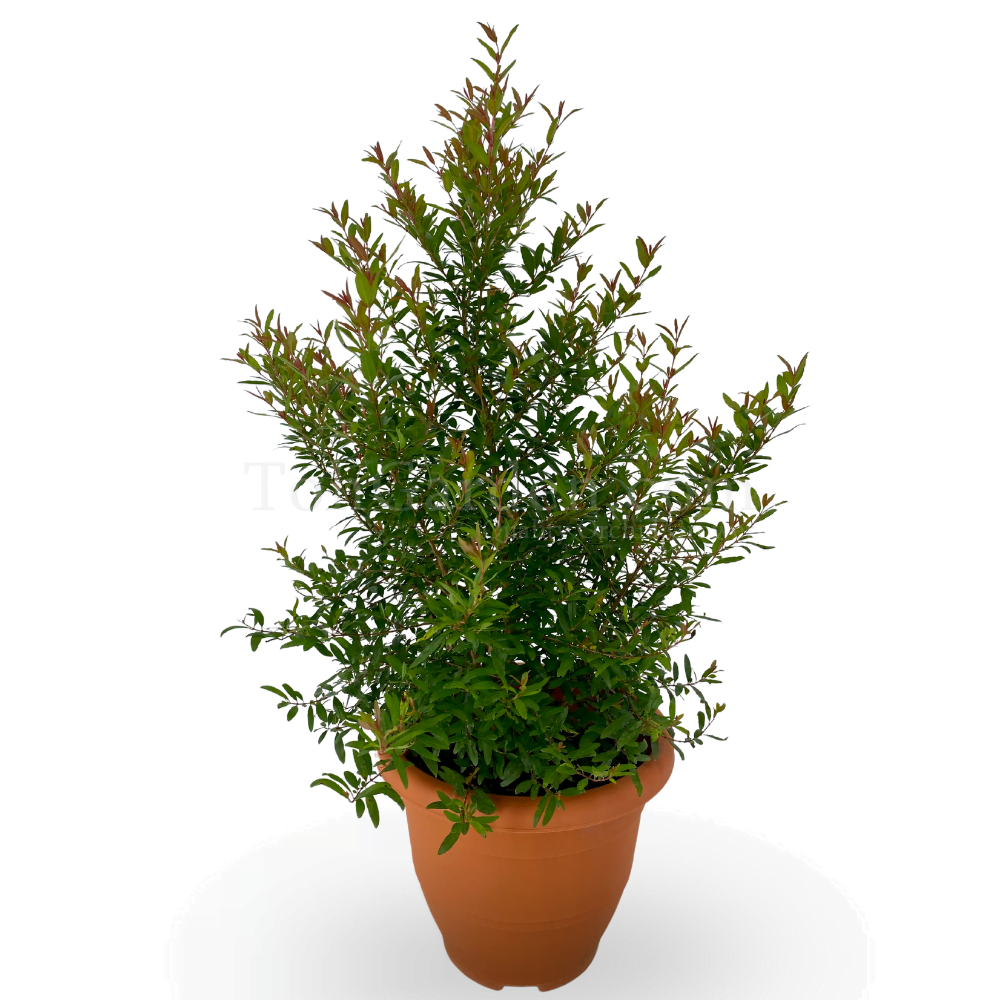
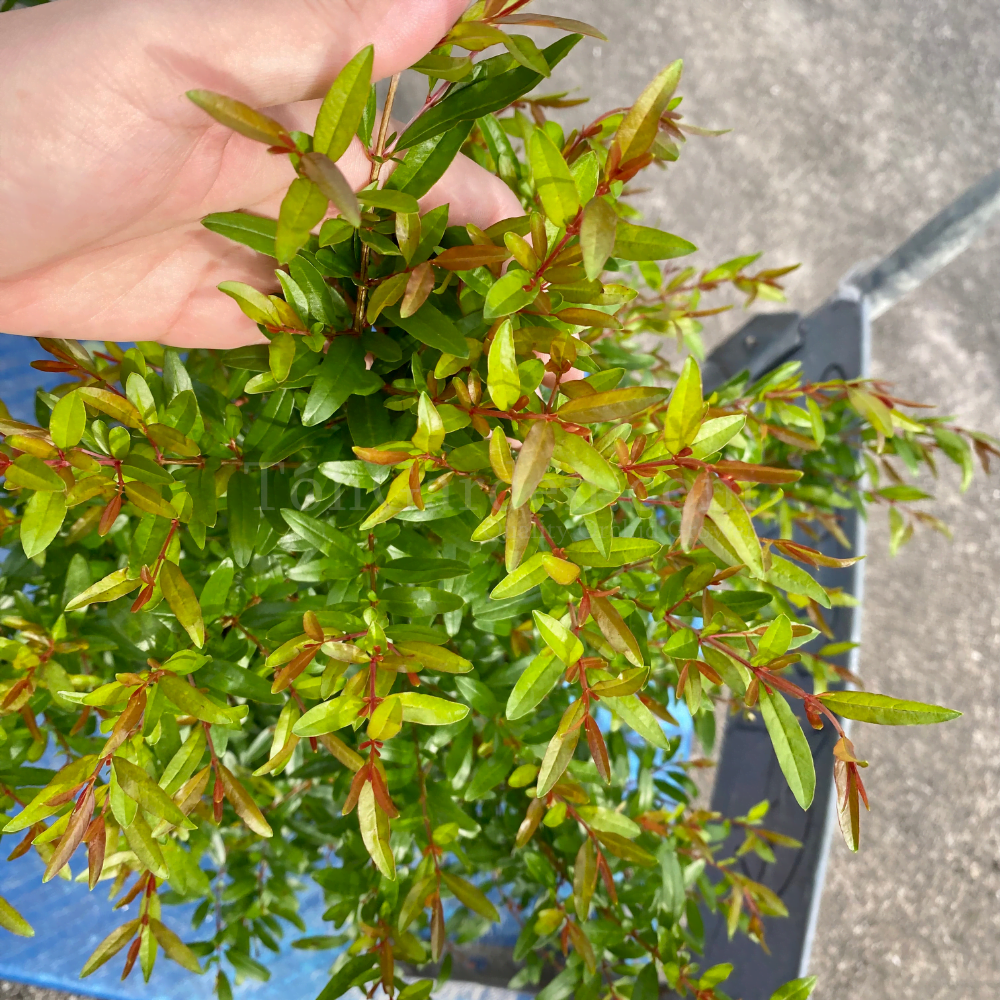


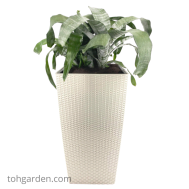
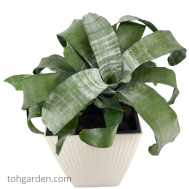
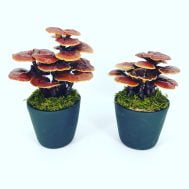
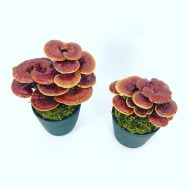
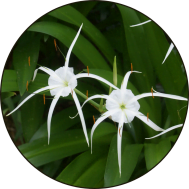
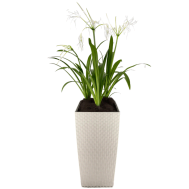
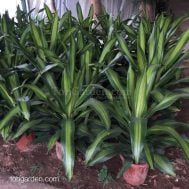
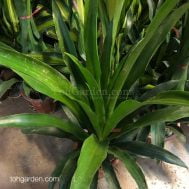
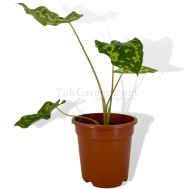
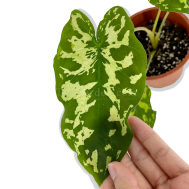
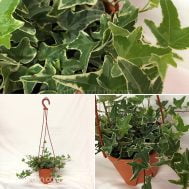
Reviews
There are no reviews yet.